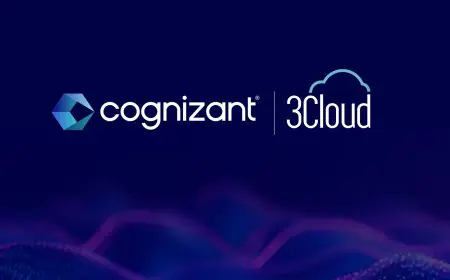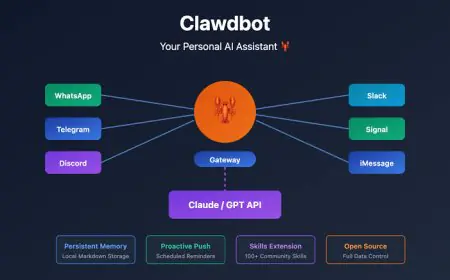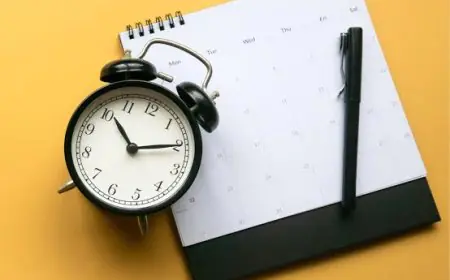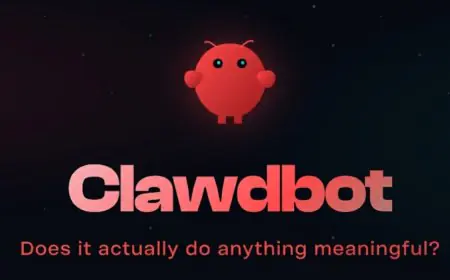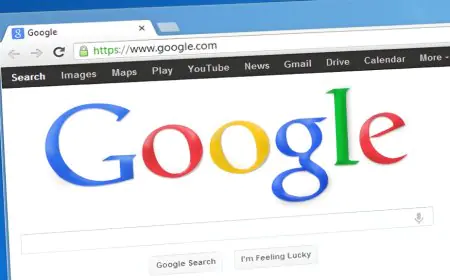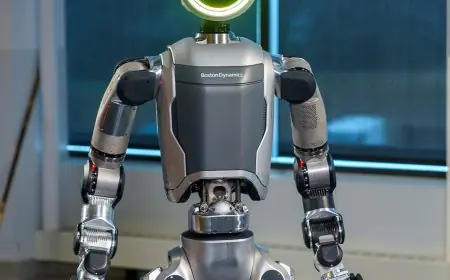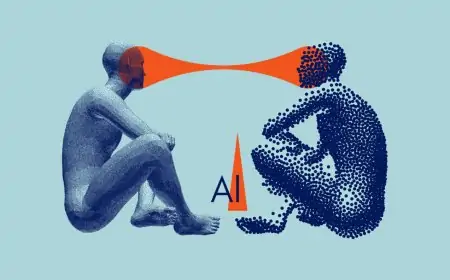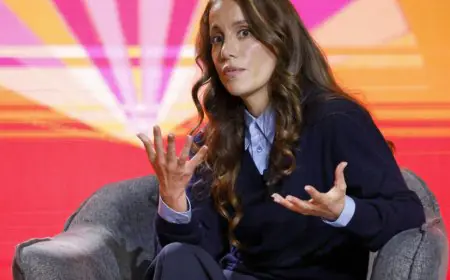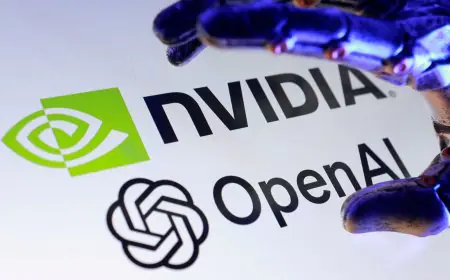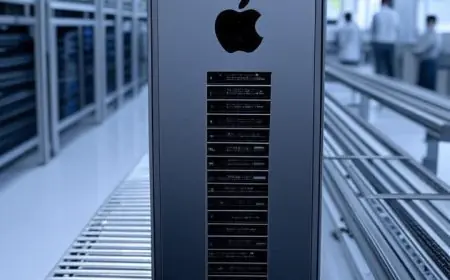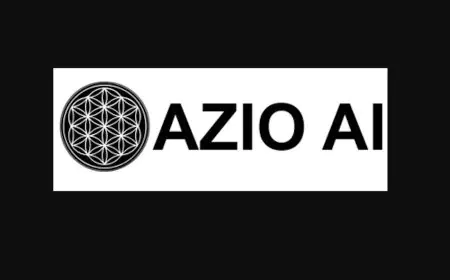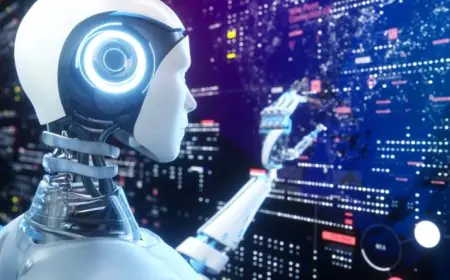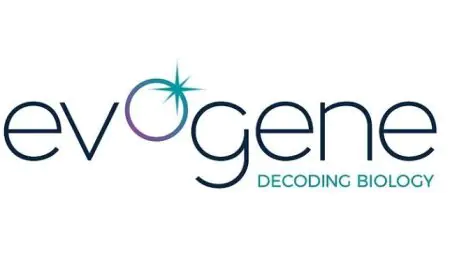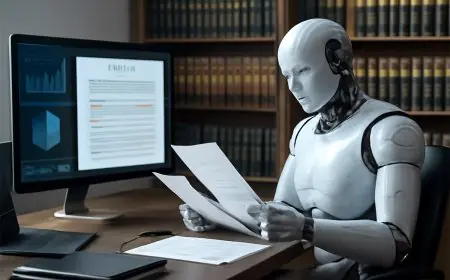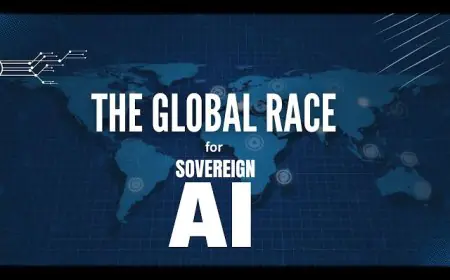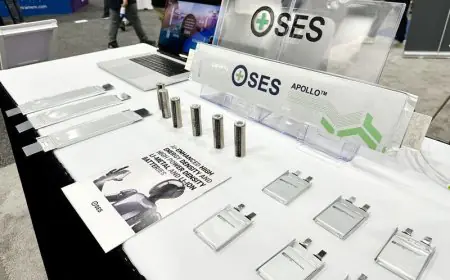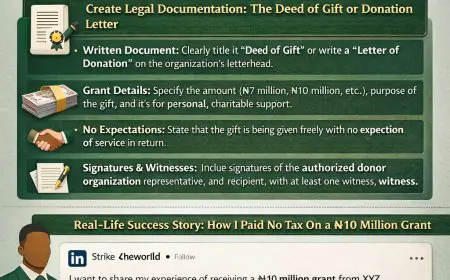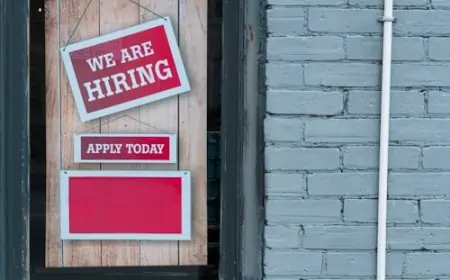Scotland’s Makar Advocates for AI-Free Writing Protections
Scotland’s national poet proposes food-style labeling for AI-generated books and calls for safeguards to protect human creativity in literature.

Scotland’s Makar, Peter Mackay, has urged urgent measures to protect human-authored literature from the encroachment of artificial intelligence. The national poet warned that AI-generated content risks undermining emerging writers and diluting the uniqueness of creative expression.
Proposed Safeguards
Mackay suggested adopting labeling systems inspired by food packaging to distinguish AI-generated works from human-created ones. Ideas include:
- A Harris Tweed Orb-style logo certifying books as “100% human-made,” akin to the mark guaranteeing handwoven textiles from Scotland’s Western Isles.
- Ingredient lists for AI-assisted works, detailing stylistic influences (e.g., “2% Gertrude Stein”).
- Kitemark certification, a quality assurance symbol used in UK manufacturing for over a century, to validate human authorship.
Threats to Emerging Writers
Mackay emphasized the economic and creative challenges AI poses:
- Writers already face financial instability, and competing with AI trained on “every book ever written” could stifle new voices.
- AI tools can generate plot twists, dialogue, and character traits, risking homogenization of literary styles.
Literary Awards as a Defense
The Makar highlighted book prizes as critical safeguards:
- Awards like the Highland Book Prize prioritize originality and unconventional phrasing, qualities AI struggles to replicate.
- “If a prize were awarded to AI-generated work, it would devalue the labor of human authors,” Mackay cautioned.
Industry Response
Publishers and writers are exploring collaborative solutions:
- A 2023 workshop proposed certification frameworks to authenticate human authorship.
- Advocates argue transparency in AI use could help readers make informed choices while preserving market space for human creators.


